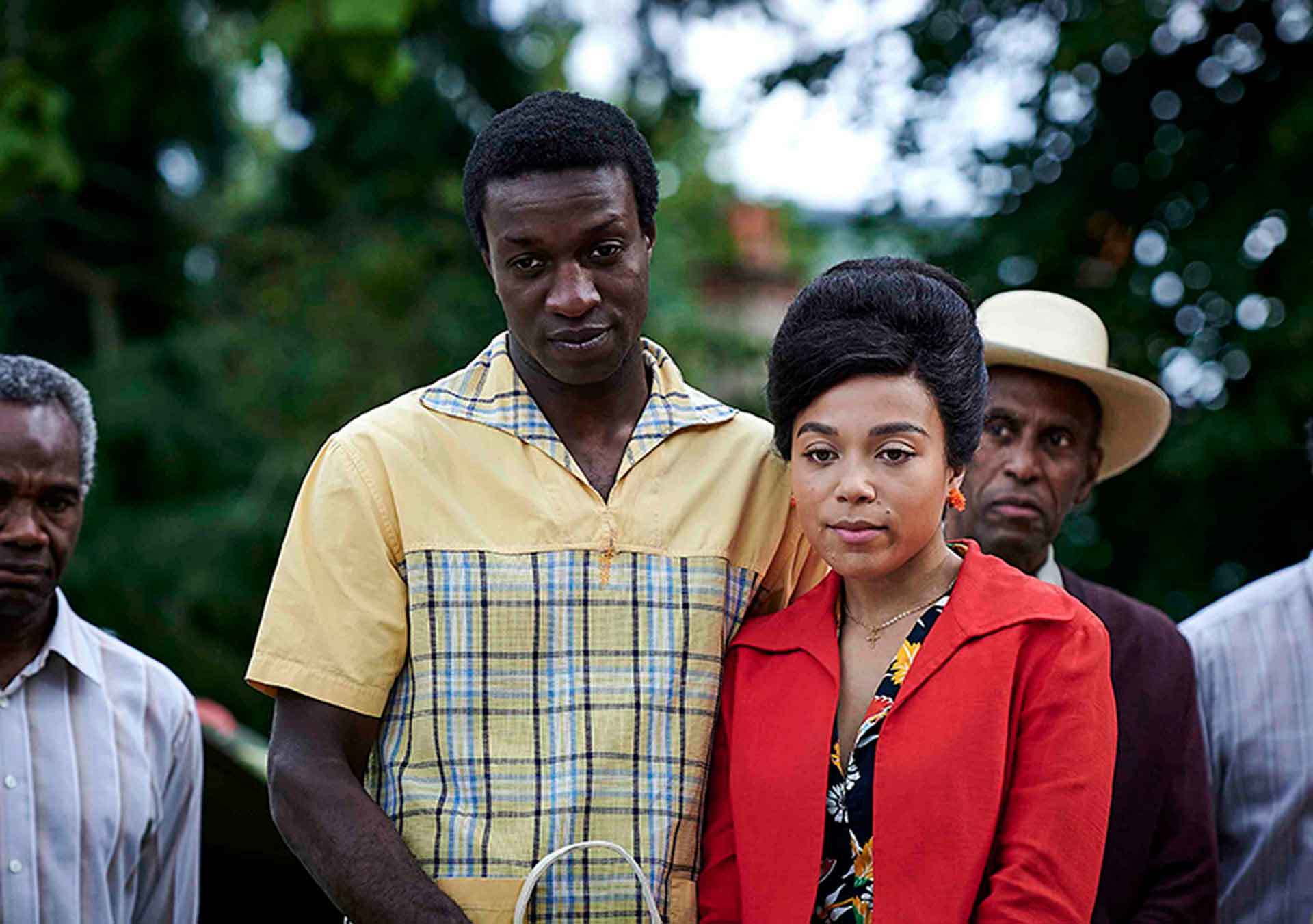
Anyone who works as a health care provider can tell you that there will be certain experiences throughout your career that will stick with you as long as you live. This week on Call the Midwife, I watched Lucille deal with grief as she learned that a baby she had delivered (whose mother happened to be a relative of her colleague, Valerie) had a heart defect that was going to be fatal. At the same time, the Turners were faced with the reality that dear May’s mother, who they thought had died, was still alive. This episode was raw and hit hard, and to be honest, I needed a lot of time to process before I could collect my thoughts into this blog post.
The world we are living in right now—all of the uncertainty, fear, and stress of the COVID-19 pandemic, has taken a toll on me and on many of my colleagues. At times, I feel so thankful that we are somewhat isolated in our locked down labor and delivery unit, and our numbers of COVID-19 cases have been significantly lower than most other areas of the hospital. However, the very real risk of this virus, coupled by our vulnerable population of new mothers and babies, means that we have to take extra precautions to ensure the safety of the people we care for. Because a labor and delivery unit is such a specialized area, pregnant or laboring people who are COVID-19 positive have to remain in our care unless they are too ill, and require intensive care.
I have pretty extreme shifts in how I’ve felt since this pandemic hit my home state, but I feel like my overarching emotion has been anger. I am angry at people not taking social/physical distancing seriously. I am angry at the protesters storming my capitol building armed with assault rifles stating they are “peacefully protesting” the governor’s stay-at-home orders, not to mention the white privilege of these people for being able to do so without being arrested and/or shot by police. I am angry about the countless conspiracy theories and the proliferation of unsafe “advice” being posted and shared on social media.
I have been holding it together, confident that I am justifiably angry, until I watched this week’s episode of Call the Midwife. This episode and its raw emotion cracked me wide open. I sobbed, big, ugly, heaving, snotty-nosed tears. It was like all of the stress and exhaustion and anger I had been holding gave way to this huge emotional release. I identified that although yes, I did feel angry a lot of the time, that anger was also masking fear. I’m so angry at people for not taking proper precautions because it is putting myself, my family, my colleagues, and my patients at risk. I have to show up to work every day even though it might put me at risk of getting sick. You probably know that people who are hospitalized with COVID-19 cannot have visitors. They often use iPads to video chat with family, or so their family can see them and speak to them, even if the patient is not well enough to talk back. I read an article about someone who was able to FaceTime with family right before they were intubated for breathing trouble related to COVID-19. They were deeply aware it could be their last conversation with their loved ones. It only takes a few minutes of imagining having to say goodbye to my husband and my kids via video chat, not knowing if I’ll ever come home to see them again, to bring me to my knees.
This is our reality as health care workers. I know I’m young and otherwise healthy, but this virus is not discriminating. We haven’t yet pinpointed why some people are so mildly ill, or even positive for COVID-19 without any symptoms, yet other people seem to have a mild case one minute, and then crash without a moment’s notice. It’s terrifying to be up against a virus that has so many unknowns. When you pair that with a job that is generally stressful and involves being responsible for the health of both a parent and a baby, it’s a lot to take on. We are all experiencing a collective trauma during this pandemic. And just because our emergency medicine and ICU colleagues are experiencing it to a much higher degree, doesn’t mean that our trauma isn’t valid.
I may feel overwhelmed, stretched in every direction between all of my responsibilities, but I’m so grateful for the mental escape each week as I tune in to Call the Midwife. This week was not much of an escape, as it forced me to confront my feelings head on. However, this cathartic release of pent-up emotions helped me to feel more than just frustration and anger for the first time in what feels like forever. As we move forward through this uncertain time, I am going to make it a priority to check in with myself, allow myself to feel whatever range of emotions are necessary, and also work toward building healthy coping mechanisms, like resuming the daily meditations that have fallen to the wayside for me. We cannot erase the trauma we are currently dealing with, but we can find new ways to start moving through it.
Get Another Take: Recommended Call the Midwife Recaps
From Thirteen.org | The British Tele Dish
From WTTW Chicago | The Playlist Blog
From NPT Nashville | The Vanderbilt University School of Nursing Recap
From WETA Washington | The Tele Visions Blog
From WGBH Boston | Watch Drama After Dark or Read the weekly recap